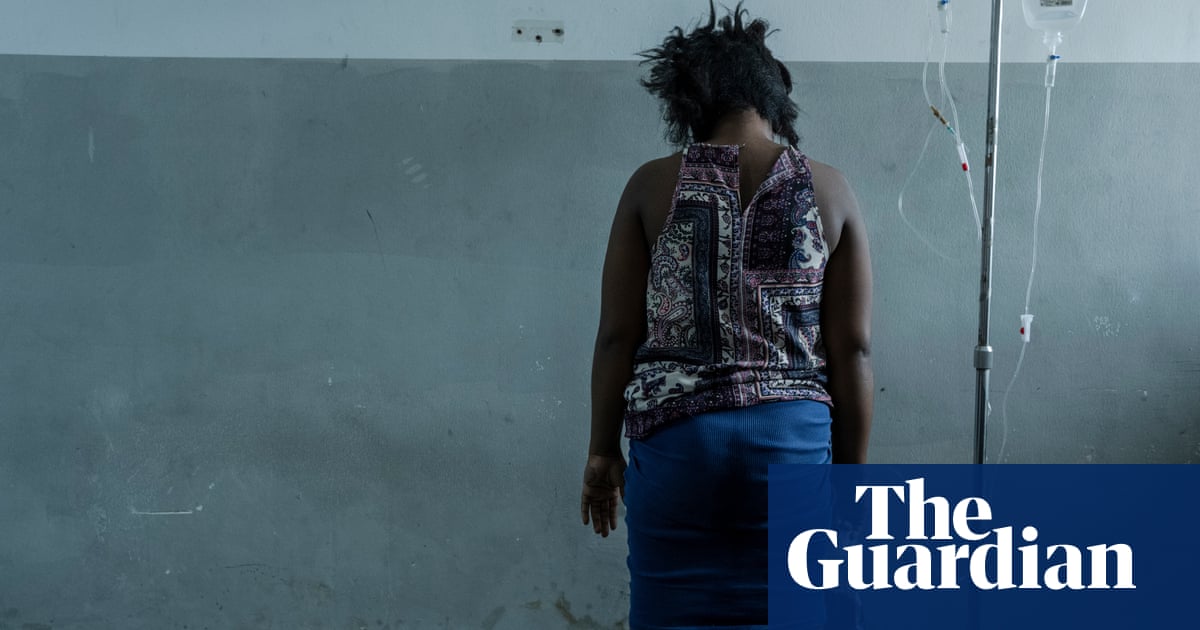In a modest house on a red dirt road in Ota in Ogun state, Adijat Adejumo, a 39-year-old auxiliary nurse, runs a small chemist shop. She treats common illnesses such as malaria and colds and sells painkillers, antidiarrhoeal medications and vitamins. For the past few years, she has also been selling packs of mifepristone and misoprostol, medicines included in the WHO essential medicines list to induce abortion safely.
Both medicines are legal in Nigeria, a country with one of the world’s highest maternal mortality rates, but only if used to save women’s lives during obstetric complications. Adejumo does not stock them in her shop; instead when a woman comes asking for help to end an unwanted pregnancy, she has them delivered. On average, she gets three such requests a month.
Every year in Nigeria, where abortion is legal only to save a woman’s life, approximately 6,000 women die from complications related to unsafe procedures, accounting for 10% of pregnancy-related deaths in the country.
Last year, the foundation also opened a helpline called Ms Smart. The news quickly spread and in its first five months, counsellors received hundreds of calls from women seeking an abortion or help to escape domestic or sexual violence. The amount of gender-based violence recorded across the country is rising, particularly since the Covid-19 pandemic. Despite a countrywide state of emergency on rape being declared in 2020, the number of rape incidents has increased every year since. In 2022, 65% of women in Nigeria said they had experienced rape in their life. Aware of the double cruelty of shockingly high levels of rape and laws forbidding abortion, the foundation tries to minimise the harm. “Before we refer women to our partners who help on sexual violence cases, we check if they are pregnant and ensure they are able to make informed decisions on their body autonomy,” says Mbah.


